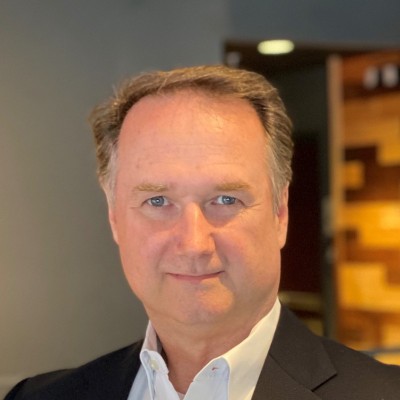- Video Library
- Matt Hedrick, AKICept - Intravascular Treatment Procedures for Acute Kidney Injury | LSI USA '24
Matt Hedrick, AKICept - Intravascular Treatment Procedures for Acute Kidney Injury | LSI USA '24
shaping the future of
Medtech at LSI USA ‘26
Waldorf Astoria, Monarch Beach

Matt Hedrick
My success, experience, skills, and education all lead to and center on creating, leading, funding, commercializing, partnering, and monetizing a technology company.
My passion is building technology ventures that commercialize and monetize differentiated drugs and devices that improve patient’s lives and make a contribution to humanity.
Matt Hedrick
My success, experience, skills, and education all lead to and center on creating, leading, funding, commercializing, partnering, and monetizing a technology company.
My passion is building technology ventures that commercialize and monetize differentiated drugs and devices that improve patient’s lives and make a contribution to humanity.

17011 Beach Blvd, Suite 500 Huntington Beach, CA 92647
714-847-3540© 2026 Life Science Intelligence, Inc., All Rights Reserved. | Privacy Policy







